Poppy seeds — tiny, kidney-shaped seeds harvested from the opium poppy (Papaver somniferum) — have been treasured for thousands of years for their culinary, medicinal, and oil-producing properties. Whether sprinkled on bread, ground into rich pastes for traditional desserts, or pressed into oil, poppy seeds are valued globally. But when it comes to cultivating these seeds at scale, a fascinating question arises: Which country is the largest poppy seed producer in the world?
The answer is both surprising and rooted in a long-standing tradition: The Czech Republic. As of the latest global agricultural data, the Czech Republic stands as the world’s largest producer and exporter of poppy seeds, far surpassing traditional poppy-growing nations. In this article, we’ll explore the reasons behind the Czech Republic’s dominance, the global market dynamics, and the cultural and economic significance of poppy seed production.
Poppy Seeds: A Brief Overview
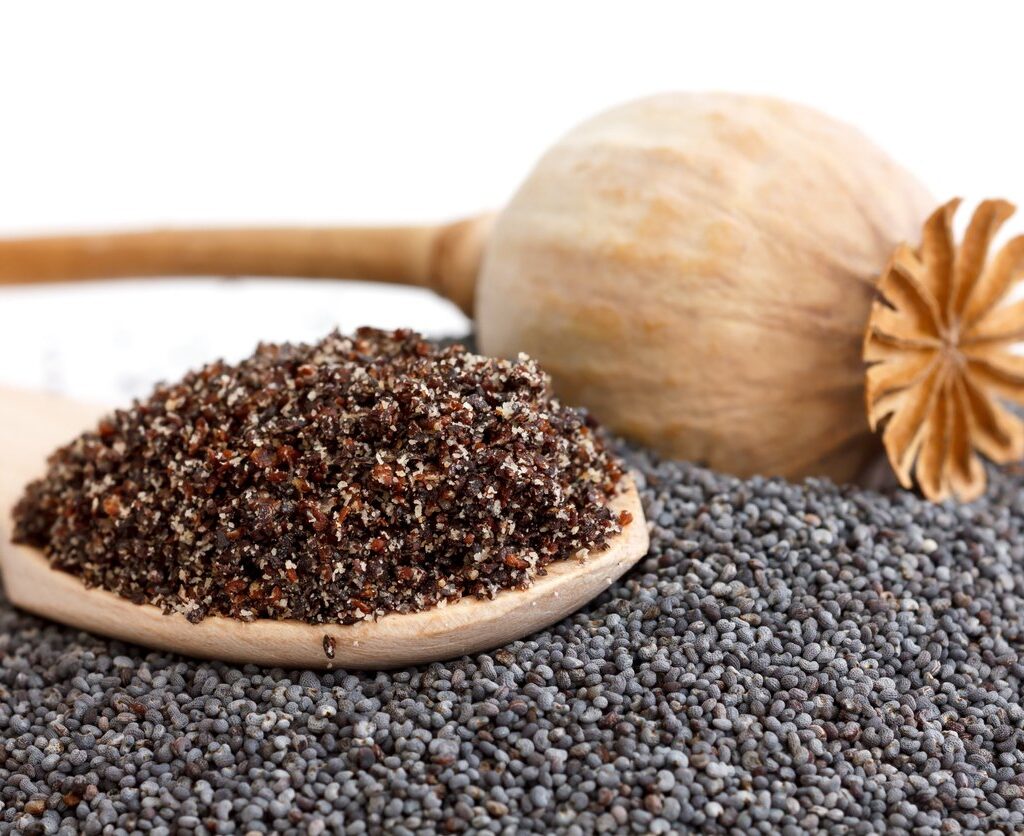
Poppy seeds are harvested from the dried seed pods of the opium poppy, a plant native to the Eastern Mediterranean but now grown in various parts of the world. The seeds themselves contain negligible opiate content and are legal for culinary and industrial use in most countries.
Key Uses of Poppy Seeds:
- Culinary: Used in baked goods, pastries, curries, and sauces.
- Oil Production: Pressed for high-quality, edible oil rich in linoleic acid.
- Cosmetics: Poppy seed oil is used in skincare and hair products.
- Traditional Medicine: Used in various cultural remedies, especially in Ayurveda and Unani systems.
Despite their tiny size, poppy seeds are nutrient-dense — rich in calcium, iron, fiber, and healthy fats — making them increasingly popular in health-conscious markets.
The Czech Republic: World Leader in Poppy Seed Production
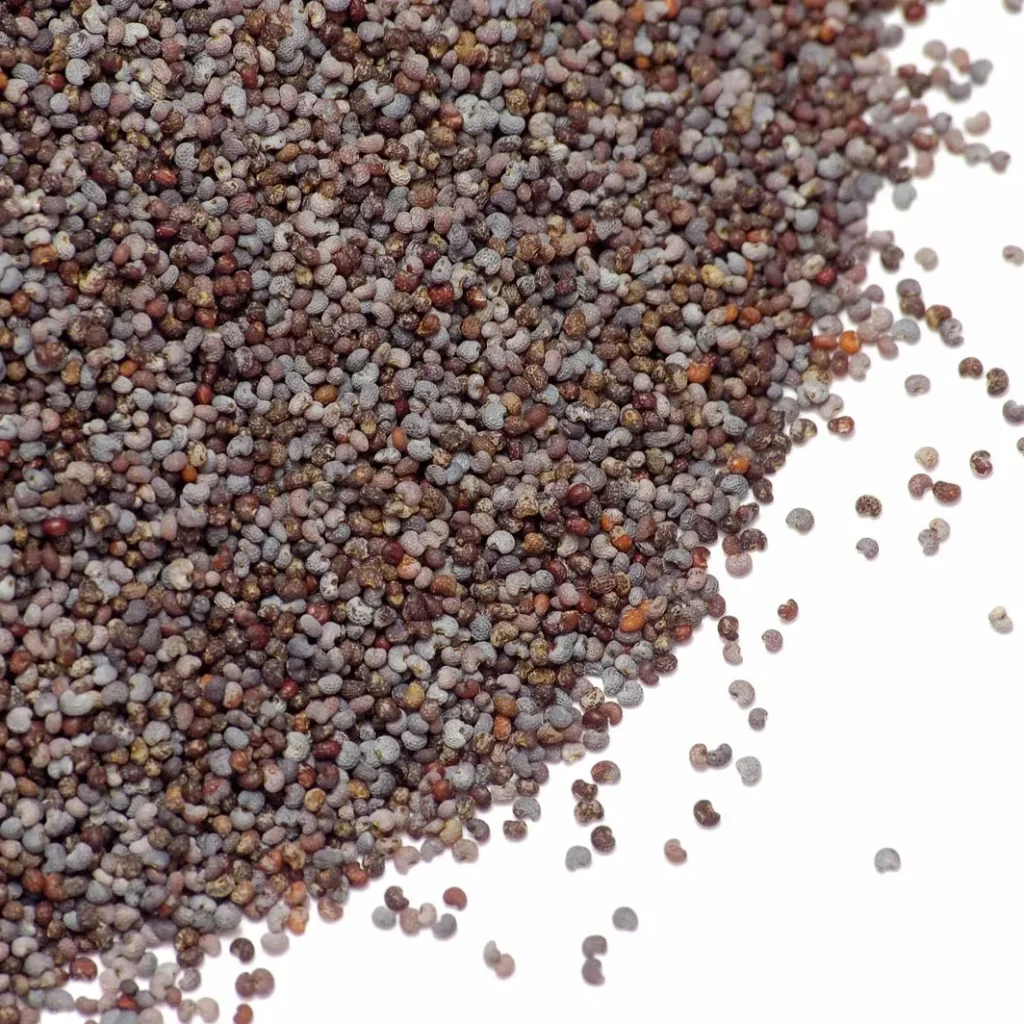
Historical Context
The Czech Republic’s relationship with the opium poppy plant is centuries old. Poppy cultivation was first recorded in Bohemia in the 13th century, and by the 18th and 19th centuries, it had become a staple in Czech agriculture. Today, poppy seeds are a national crop, deeply woven into Czech cuisine and culture.
Production Statistics
As of recent reports from the Food and Agriculture Organization (FAO) and Eurostat, the Czech Republic produces over 25,000 to 30,000 metric tons of poppy seeds annually, accounting for nearly 30–40% of global production. It is also the largest exporter of edible poppy seeds, with major markets including Germany, Russia, Austria, the United States, and Poland.
Why the Czech Republic Dominates
1. Ideal Growing Conditions
The Czech climate, characterized by cool winters and moderate summers, is perfect for cultivating high-quality poppy varieties. The soil composition and precipitation levels in regions such as South Moravia and Bohemia also support optimal seed yield and oil content.
2. Focus on Edible Varieties
Unlike some other poppy-producing nations that grow high-opiate varieties for pharmaceutical purposes, the Czech Republic specializes in low-alkaloid, food-grade varieties. These meet strict European safety standards and are in high demand for baking and culinary use.
3. Government Support and Research
Poppy cultivation is highly regulated in the Czech Republic. Farmers require licenses, and there is strong oversight to ensure only low-opiate seeds are produced. Institutions such as the Czech University of Life Sciences conduct research into high-yield, disease-resistant poppy cultivars.
4. Cultural Significance
In Czech cuisine, poppy seeds are not just a garnish — they are a core ingredient. Dishes like koláče (sweet poppy seed pastries), makový závin (poppy seed roll), and nudle s mákem (noodles with poppy seeds) showcase the deep cultural importance of this crop.
Other Major Poppy Seed Producers
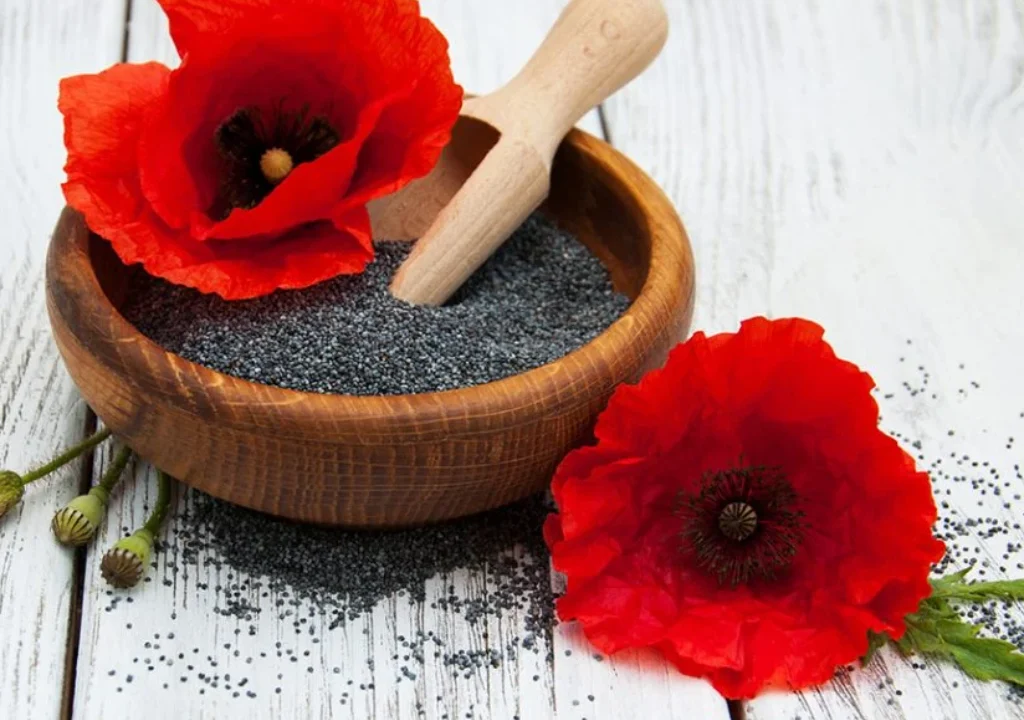
While the Czech Republic leads globally, several other nations contribute significantly to the world’s poppy seed supply:
1. Turkey
Turkey is one of the oldest producers of poppy seeds, especially in the Anatolian plateau. Turkish poppy seeds, particularly the blue and white varieties, are widely used in Middle Eastern, Indian, and Mediterranean cuisines.
Turkey produces approximately 10,000–15,000 metric tons annually, much of which is consumed domestically or exported to Europe and Asia.
2. India
India is a major consumer and producer of poppy seeds, known locally as khus khus. It grows poppies mainly in Uttar Pradesh, Madhya Pradesh, and Rajasthan, under strict licensing by the Narcotics Control Bureau due to the opium content of the plant.
India’s poppy seeds are predominantly used in culinary preparations and Ayurvedic medicine. Annual production varies between 7,000–10,000 metric tons, and the country exports primarily to the Gulf and Southeast Asia.
3. Australia
Australia produces opium poppies primarily for pharmaceutical purposes, especially in Tasmania. However, a portion of the harvest yields high-quality edible seeds used in baked goods.
Though smaller in volume, Australian poppy seeds are valued in the United States and Japan for their cleanliness and food safety compliance.
4. France and Hungary
Both countries have a strong tradition of poppy seed cultivation for culinary uses. French poppy seeds are known for their high oil content, while Hungary produces small volumes but maintains a robust domestic market.
Global Demand and Trade
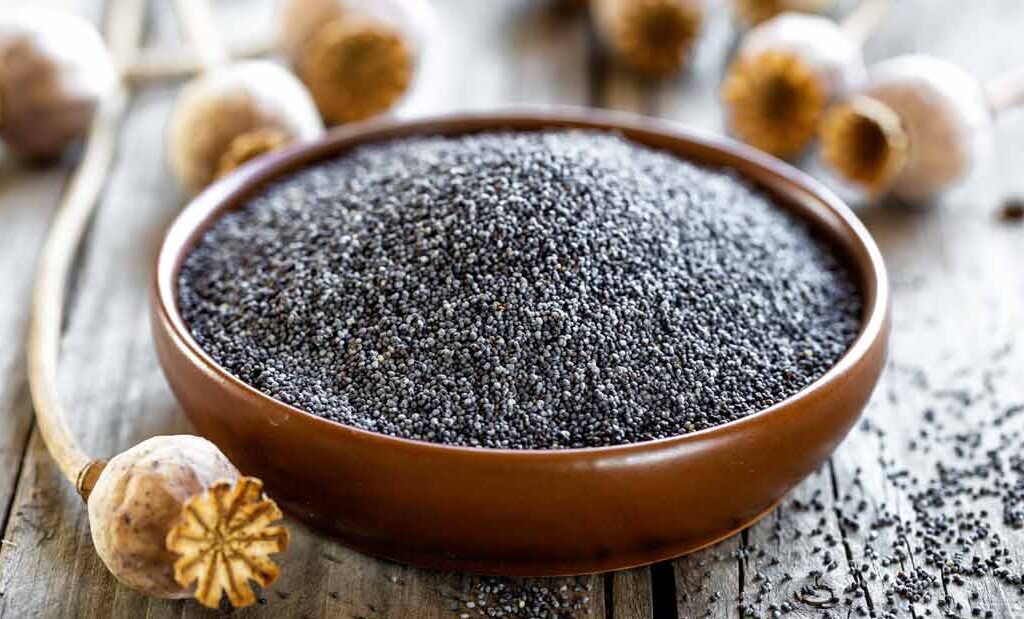
Growing International Demand
With increasing demand for healthy, plant-based foods, poppy seeds have gained popularity in vegan, gluten-free, and low-carb diets. Their use in bakery, dairy alternatives, and traditional sweets is expanding across Europe, North America, and Asia.
Leading Importers
- Germany and Poland: For bakery industries.
- United States: For both culinary and foodservice sectors.
- Russia and Ukraine: For traditional sweets and oils.
Health and Nutritional Benefits of Poppy Seeds
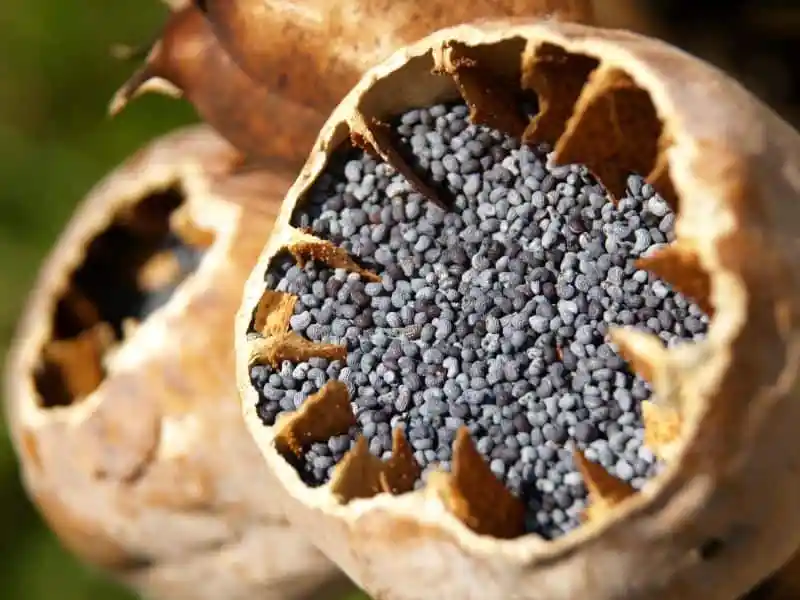
Poppy seeds are not only flavorful but also highly nutritious. Key health benefits include:
- Rich in Calcium: Supports bone health.
- Good Source of Fiber: Aids digestion and promotes satiety.
- High in Magnesium and Iron: Essential for muscle and cardiovascular function.
- Contains Healthy Fats: Especially omega-6 fatty acids, which support skin and brain health.
- Lignan Content: Acts as antioxidants and supports hormonal balance.
Economic Impact in the Czech Republic
Poppy seed cultivation is an economic pillar in the Czech countryside. It contributes to:
- Employment: Especially in rural and agricultural communities.
- Export Revenue: Poppy seed exports bring in millions of euros annually.
- Agro-Tourism: Poppy fields attract tourists during bloom season, promoting cultural awareness.
The government continues to promote the crop through research, quality control, and trade expansion.
Challenges in Poppy Seed Production
Despite its many advantages, the poppy seed industry faces some key challenges:
- Legal Restrictions: In many countries, poppy cultivation is strictly controlled or banned due to its link with opiates.
- Climate Sensitivity: Poppy plants are highly sensitive to weather extremes and diseases such as mildew and aphids.
- Trade Barriers: Stringent import rules, especially regarding alkaloid content, can limit market access.
- Contamination Risks: Poor harvesting techniques can lead to contamination with opium alkaloids, which may pose regulatory and health risks.
The Czech Republic has managed these issues through careful legislation, education, and quality monitoring systems.
The Future of Global Poppy Seed Production
As demand grows, there is increasing interest in:
- Developing Low-Alkaloid Varieties: To meet safety regulations.
- Mechanization and Harvest Innovation: To reduce labor costs and improve efficiency.
- Sustainable Farming Practices: Including organic and pesticide-free production.
- Expanded Culinary Use: With poppy seeds finding new applications in smoothies, snack bars, and vegan spreads.
Nations like Ukraine, Slovakia, and Kazakhstan are also exploring poppy seed farming, although production remains small compared to leaders like the Czech Republic and Turkey.
Conclusion: Czech Republic — The Global Giant of Poppy Seeds
In conclusion, the Czech Republic is the largest producer of poppy seeds in the world, a title it has earned through centuries of tradition, advanced agricultural practices, and strong export infrastructure. Its dominance in the industry is not only a source of national pride but also a model for how a small country can lead in a niche yet globally significant agricultural sector.
With poppy seeds continuing to find their way into kitchens, medicine cabinets, and even cosmetics, the Czech Republic is poised to remain the global hub of poppy seed excellence for years to come.

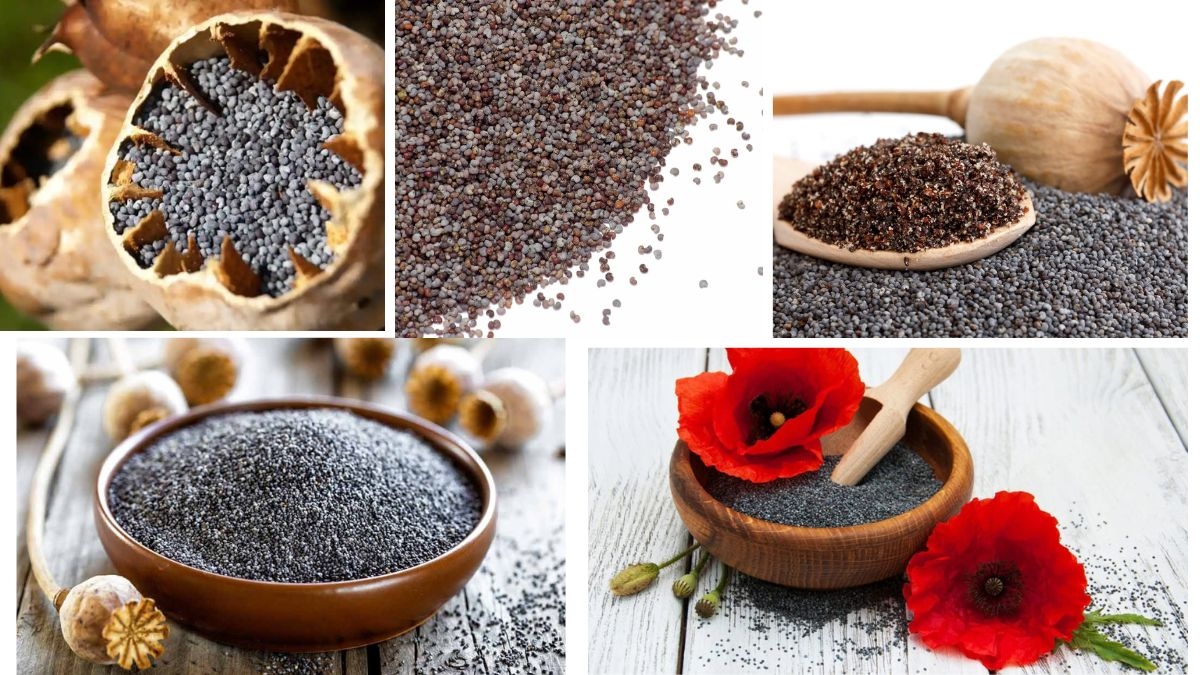

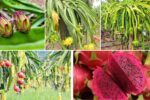

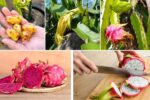

Leave A Comment